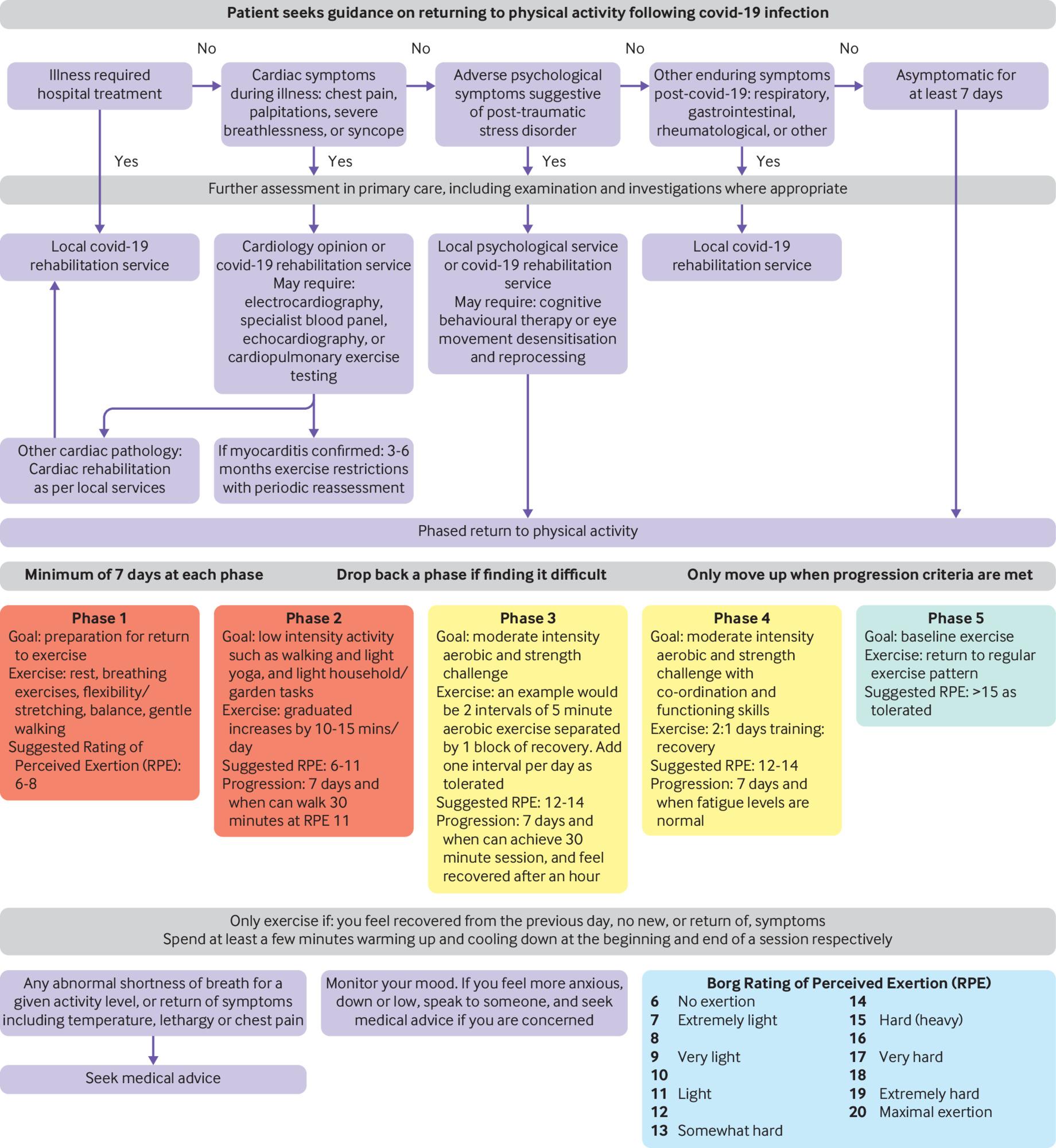My gran has had both her jabs. Once lockdown has ended, can I go and see her?
Once lockdown ends and the prohibition on people from different households mixing indoors stops, including for the clinically extremely vulnerable, you would be able to visit your grandmother. However, it may be some time before this happens.
I’ve been shielding on my own. Once I’ve had the vaccine will I be able to form a bubble with other family members?
You would need to continue to follow any lockdown rules that are in place in your local area even after you have had two doses of the vaccine.
I’ve had my first vaccine – can I hug my grandchildren?
One vaccination offers only partial protection. Two vaccinations are needed for maximum protection. Even after receiving two doses of vaccine, you would still need to follow any lockdown rules that were in place in your local area.
Can my employer force me to get vaccinated?
It’s unlikely that employers could force you to get vaccinated but they could recommend vaccination for staff who have public-facing roles that place them at increased risk of infection.
Everyone in my mum’s care home has had the vaccine. Should they allow relatives to visit without a screen?
Relatives will continue to need to be screened for now because the Covid-19 vaccines are not 100% effective even after two doses and some vaccinated people can still get infected. The risk of serious illness, complications and death is very high in people living in care homes and we have to be particularly cautious with this group.
Can I still be fined for breaking the rules if I show my vaccine card?
A vaccine card does not exempt you from following any local or national rules that are in place; so yes, you can be fined for breaking lockdown rules even if you have proof of vaccination.
Once everyone has been vaccinated, might there be places those who have refused the vaccine aren’t allowed?
It’s possible that some places might implement this policy. For example, some cruise companies have said they will require proof of vaccination from customers.
Will I need to show proof of my vaccine to travel abroad?
It’s possible that some countries will require proof of vaccination before allowing you to travel there but this will vary from country to country.
If I’ve had my vaccine will I still have to self-isolate if I’ve been in contact with someone who tested positive?
If you have been in recent contact with someone who has tested positive, you would still need to self-isolate for 10 days because at this point, we don’t know if vaccination stops you being infectious.
When will we know if the vaccine just stops you getting symptoms or stops you actually getting infected?
It will take some time for research to establish this. We may find out later in 2021.
If one of my employees has been vaccinated, should I consider him/her for a role that has a higher risk of infection?
Employers should risk assess staff before placing them in a specific role. My view is that vaccination should not be used as a reason for placing potentially clinically vulnerable staff in high-risk roles that expose them to a greater risk of infection.
I’m a piano teacher. Can I advertise for students using my proof of vaccination to show I’m Covid free?
Vaccination does not guarantee that you will be “Covid-free”. You would need to continue to follow any lockdown rules that are in place in your local area.
